

© Yuki Saito

Having lived as an athlete since I was 16, I learned many things that I needed in life from sport.
I think that when anybody plays sport, they learn about motivation. They learn about goal setting, seeing the big picture, and dedication. They learn about working with a team, losing and winning. They also learn about things like health, happiness, honesty, taking risks, thinking positively, perseverance, making an effort, competitiveness, competition analysis, logistics, budgeting and organisation.
There is so much you learn from playing sport. You learn that it is not just the physical benefits but also the mental growth you achieve from playing sport that is important as part of the growth you accomplish in life.
Among this, I especially think that being honest is the most important thing. Honesty means that you are being true to your beliefs, true to who you are, true to your values. It means that you do not do and say things because other people ask you to do them. You are doing it for yourself. That is what it means to be true to who you are.
Sport is not about winning. You cannot control winning, you can only control what you do – your actions. Winning is just an outcome, but it is not really the outcome. It is more about the internal, not the external. The outcome is doing something the best you possibly can. If that means winning, then that is great. But that is just a measure.
Sometimes, athletes who come to represent their countries engage in doping, just aiming to win. In many cases, because there is so much money attached to winning, people want to cheat to win. So, money is actually the problem. If you have a healthy mind, however, you do not want to put any prohibited substances into your body. It is actually more about having a healthy mind than it is about the body or money.

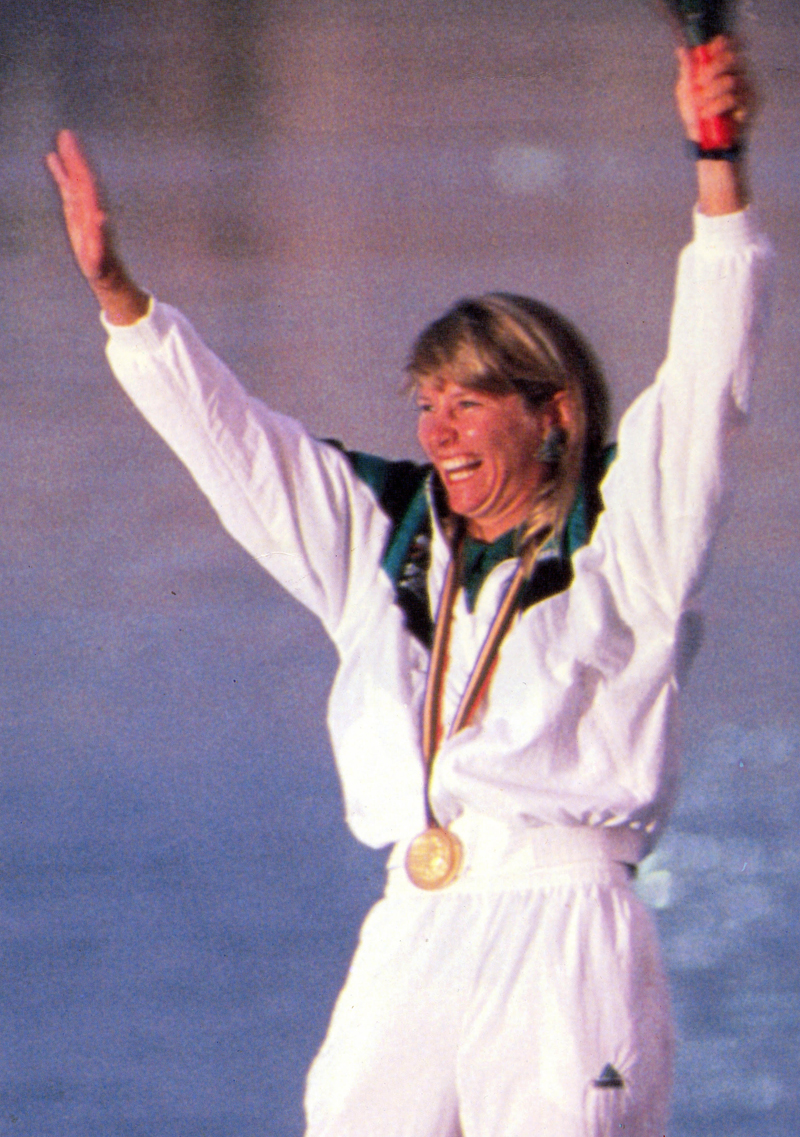
© Barbara Kendall
In New Zealand, where I am from, we are very free. You can be very innovative. You can be very expressive. I grew up in a culture where you don’t have to live inside the box. My mom always told me to follow my dreams and do what I’m most passionate about, and be true to myself.
I love being on the ocean. When I was just a young teenager, my dream was to try and travel and see the world. With sailing, every day is different and you never stop learning. Every day, every ocean, every wave, and every wind direction is always different. Most of all, I loved the freedom of sailing.
I then went on to represent New Zealand at five Olympic Games. A major experience for me was the Barcelona 1992 Olympic Games where I won a gold medal. I broke my wrist before the Games. I could have died, and my career as an athlete could have been over. I lived, and I was able to sail. I truly appreciated how lucky I was just to be able to do that. Appreciating what I have made me feel much better and gave me a lot more energy. The way you think makes you feel a certain way, which reflects your behaviour. So, I realised it was very important to control my thinking in the right way. When you are controlling your thinking in the right way, you feel a lot better about your life and about what you are doing. You feel a bit more positive, and you appreciate things and life a lot more.
The Olympics taught me how to take challenges. To be the best that you can be once every four years is a big challenge emotionally, physically and mentally. It is like baking a cake, but every four years the cake is different, so you need slightly different ingredients to make that cake rise. So, it becomes addictive. And that was what I liked about the challenge of participating in five Olympic Games. Every four years, the older you are, the wiser you get, and you are four years physically different. During the last two Olympic Games, I had children. Every Olympics was always a big challenge to see if I could peak and be the best that I could be every four years.
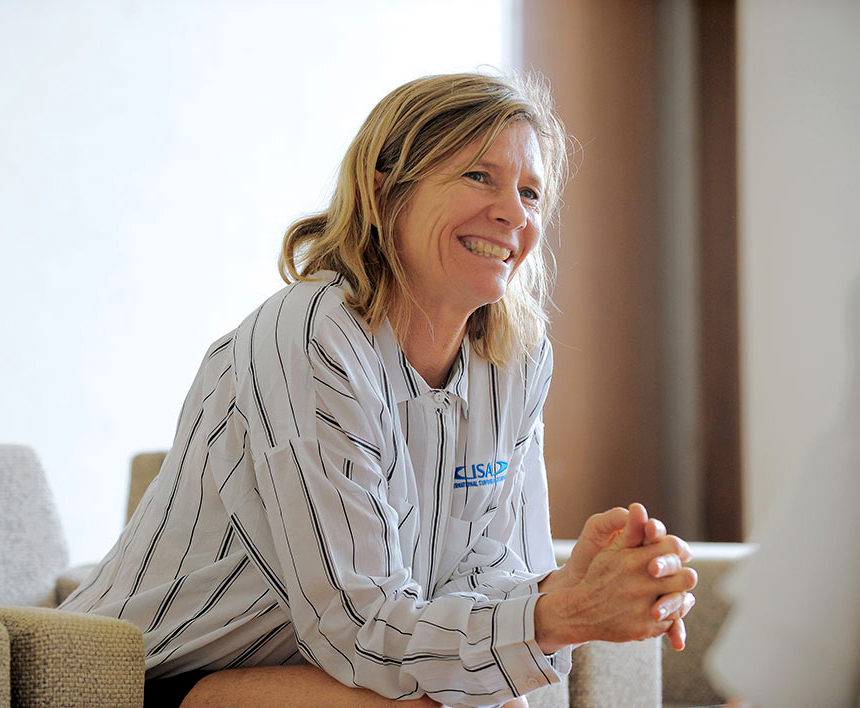
© Yuki Saito
After retiring from competition, I obtained a Bachelor of Social Services, where it was about discovering who I was and how I could then put that into practice as a manager or leader. I am also the chair of the Athletes’ Commission of the Association of National Olympic Committees (ANOC) and vice president of the International Surfing Association (ISA). I was also a member of the International Olympic Committee’s Women and Sport Commission. I was the Chef de Mission for the New Zealand Youth Olympic Team in Buenos Aries in October 2018. I am also a manager of my daughter’s water polo team.
Based on such experience, I think having the right people at the right place is the key for everything. It is particularly important to have people in the leadership positions that are there for the right reasons, who have the right objectives and aspirations. On the global level, this is the biggest problem. Politics trick people, and they forget that they are there to do a good job for sport and for the younger generations.
If many of them took off their hat as a global leader and went to their local school and coached a sport team, they would remember how important it is – what sport can do for young children and for anyone. They would remember that the joy that you get from helping these young children and watching them grow through sport is just as rewarding as and maybe more rewarding than being a global leader at the top.
I believe that if you want to change the world, you have to start locally, and those changes and reforms will trickle up globally.

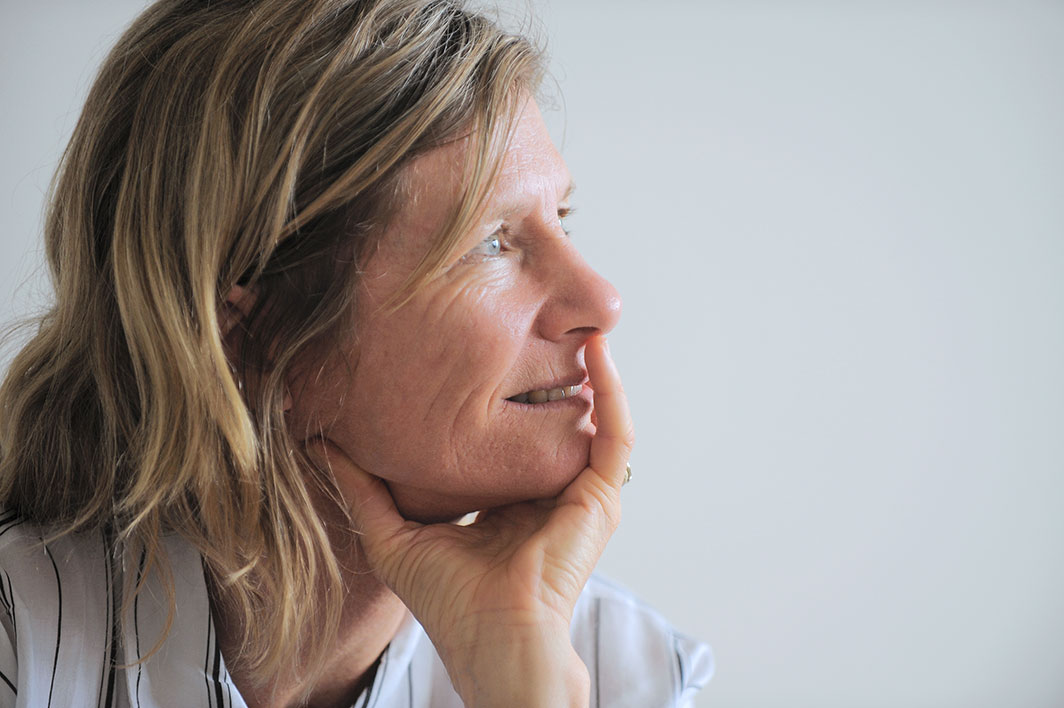
© Yuki Saito
What I feel from being involved in sport at both global and local levels is the importance of protecting athletes’ rights. When athletes are stuck in a system, they do not have a voice. This is because if they have a voice, and they do not believe in something, then they get taken out of the system and that will be the end of their life in sport.
When I was still competing, there was a time when I felt that athletes were treated not very well. Because I was outspoken, I spoke up and joined the Athletes Commission of the New Zealand Olympic Committee. I was there for 20 years speaking up for the athletes. It is important that we build a foundation where athletes have a voice, are heard and feel safe. Changing the culture and system within an organisation and providing a platform where athletes feel that they have rights are dependent on whether coaches and leaders of the organisation can actually change and support the athletes’ voice.
Something else that I place importance on is our natural environment. Especially in my sport, athletes come to understand through their experiences how important it is to protect the ocean environment. Having clean oceans, clean air and unpolluted waters where people can still compete in and play in is really valuable because it is a big playground. It is a big thing for our future generations of athletes.

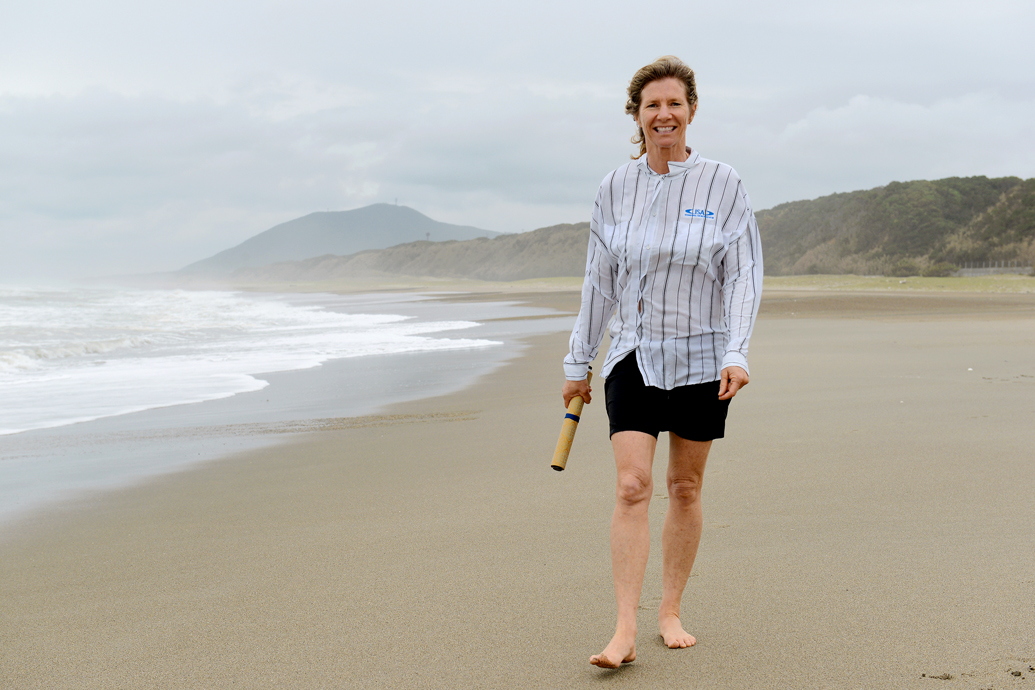
© Yuki Saito
The importance of honesty, which I learned through sport, holds true for my current business too. I prefer to do business with people who are honest with me. I make sure to do business with excellence through an open communication platform. In raising my daughters, too, I teach them about respect and integrity. It is very important that they play fair, they play by the rules, and they play honestly.
Now, with social media, it is even harder because children feel FOMO – “fear of missing out”. All young people are really attached to social media. So, it is even more important these days that they appreciate what they have, not what someone else has got.
I am an advocate for anyone finding something that they love in themselves and in what they do. This is because, whether it is a business or whether it is sport, if they do that, then people are happy. If people love themselves and do their best and are happy, they are in the truth.
To be true to who you are, you have to understand who you are. So, I think it is crucial that life is a journey of discovering who you are, from the very beginning until you die.
I think the significance of sport is also learning about yourself and expanding your own strengths. It is not about the external winning. It is about the internal of learning and trying, enjoying what you are doing, doing the best you can do and giving everything that you have got.

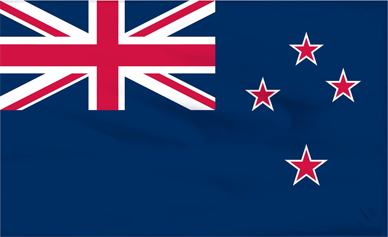
Won a gold medal in 1992 at her first Olympic Games in Barcelona. Won a silver in 1996 at the Games in Atlanta and a bronze medal in 2000 at the Games in Sydney. Also competed in the 2004 Athens Games and in 2008 Beijing Games placing 5th and 6th before retiring at the age of 41.
Since retiring from competition, has held key international positions, such as an IOC member from 2005 – 2008 and again from 2010 to 2016. Has served on the WADA Athlete Committee for 4 years and the IOC Athletes’ Commission for 12 years. Is currently chair of the Athletes’ Commission of the Association of National Olympic Committees (ANOC) and vice president of the International Surfing Association (ISA). Chef de Mission for the New Zealand Youth Olympic Team in Buenos Aries 2018, while also serving as a manager of her daughter’s water polo team.